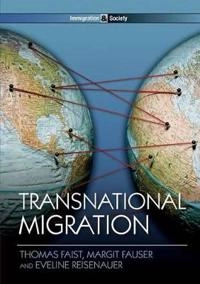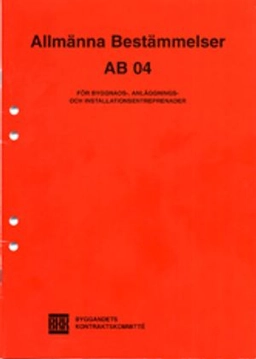

Transnational MigrationUpplaga 1
- Upplaga: 1a upplagan
- Utgiven: 2013
- ISBN: 9780745649788
- Sidor: 210 st
- Förlag: John Wiley & Sons
- Format: Häftad
- Språk: Engelska
Om boken
Åtkomstkoder och digitalt tilläggsmaterial garanteras inte med begagnade böcker
Mer om Transnational Migration (2013)
I februari 2013 släpptes boken Transnational Migration skriven av Thomas Faist, Margit Fauser, Eveline Reisenauer. Det är den 1a upplagan av kursboken. Den är skriven på engelska och består av 210 sidor. Förlaget bakom boken är John Wiley & Sons som har sitt säte i Hoboken.
Köp boken Transnational Migration på Studentapan och spara uppåt 2% jämfört med lägsta nypris hos bokhandeln.
Referera till Transnational Migration (Upplaga 1)
Harvard
Oxford
APA
Vancouver



















